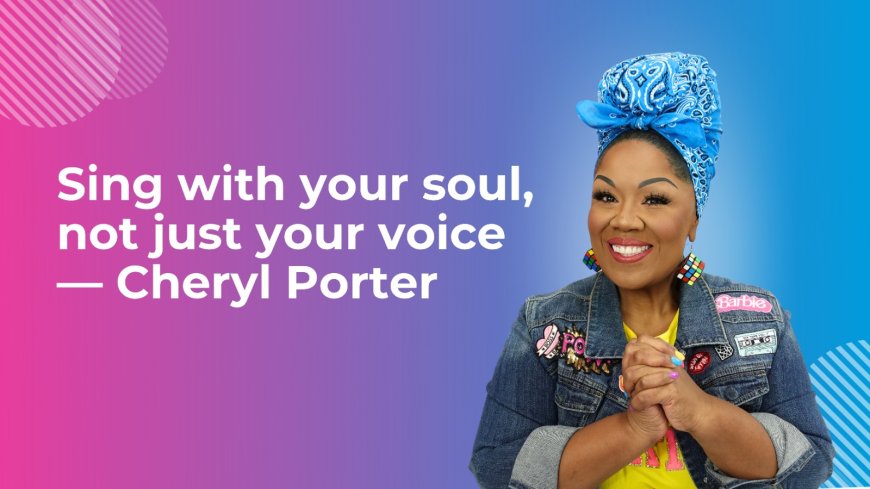Beginner Singing Lessons: What to Expect (And Why They’re Not Scary)
Curious about singing lessons but feeling nervous? Here’s what beginner singing lessons are really like and why they’re a lot more fun than you think.

Thinking about singing lessons but feeling a little nervous? Youre not alone. A lot of people want to learn to sing, but the idea of actually starting feels intimidating like stepping onto a stage without knowing the script. The good news? Beginner singing lessons arent scary. In fact, theyre designed to help you feel comfortable, supported, and most of all excited about your voice.
If youre ready to dip your toes in, singing lessons for beginners give you the perfect starting point. You dont need any experience. You dont need to sound good. You just need to show up and try.
First Lesson Vibes: Super Low Pressure
Lets clear something up right away: no one expects you to belt out a Beyonc ballad on day one. Your first few lessons are way more about learning how your voice works than about performing.
Most beginner lessons include:
-
Breathing exercises (nothing fancy just learning how to control air)
-
Easy warmups (like lip trills and humming)
-
Some light pitch exploration
-
Encouragement and feedback (not judgment!)
The vibe? Think cozy jam session, not an audition.
You Wont Sound Weird Youll Sound Like You
Lots of beginners worry that their voice sounds awkward. But heres a secret: everyone thinks that at first. Your voice might surprise you, and thats a good thing.
Beginner lessons help you:
-
Get used to hearing yourself
-
Learn where your strengths naturally are
-
Start trusting your own sound
And if you crack a note? Totally normal. Every singer yes, even the famous ones has been there.
The Real MVP? Breathing
One of the biggest surprises in beginner singing is how important breathing is. Seriously, once you learn how to breathe for singing, your entire voice opens up.
Youll practice:
-
Breathing from the diaphragm (not your chest)
-
Controlling airflow for steady tone
-
Relaxing your shoulders and neck (tension kills sound)
This one skill makes a huge difference fast.
Practice Doesnt Have to Be a Chore
You dont need to sing for hours every day. In fact, short, consistent practice sessions are way more effective.
Try this beginner-friendly routine:
| Day | What to Practice | Time |
|---|---|---|
| Mon | Breathing + lip trills | 10 min |
| Tue | 5-note scales on ah | 1015 min |
| Wed | Humming + soft phrases | 15 min |
| Thu | Review or rest | 10 min |
| Fri | Warmups + short song try | 20 min |
The goal isnt perfection its steady progress.
What Youll Start Noticing
After just a couple of weeks, most new singers notice some cool changes:
-
Less strain when you speak or sing
-
Easier time matching pitch
-
A little more vocal power
-
That sweet feeling of, Hey, I actually sound pretty good!
Progress feels addictive in the best way.
Online or In-Person? You Decide
Not sure where to take lessons? Online beginner singing lessons are super popular for good reason. You can practice in your own space, on your own time and rewatch any part you want.
Great beginner programs usually include:
-
Guided video lessons
-
Play-along vocal exercises
-
Clear structure (no guessing!)
-
Friendly coaching style
Its like having a vocal coach in your pocket.
Nobody Starts Perfect Thats the Point
If youre waiting to feel ready before starting lessons, heres the truth: no one ever feels 100% ready. But once you start, youll wish you hadnt waited so long.
Singing is one of the most natural and personal forms of expression. Beginner lessons simply help you reconnect with it and build the confidence to keep going.
Final Thoughts
Beginner singing lessons arent about proving anything. Theyre about learning, growing, and enjoying your voice step by step. So if youve been curious but holding back, this is your sign: go for it. Your future self (and your future voice) will thank you.



































